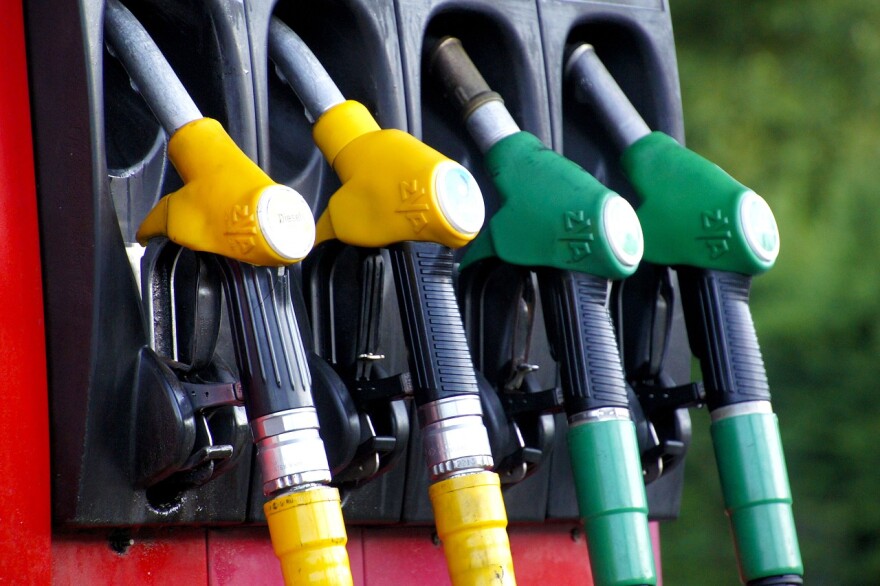The Trump administration’s rollback of clean energy and climate policies is having a direct and painful impact on working Americans. Trump’s pro-fossil fuel policies are expected to raise the cost of food, electricity, and insurance, while weakening the safety nets that protect vulnerable families.
By slashing tax credits and subsidies for solar, wind, and energy storage, the administration has stifled the growth of renewables and tilted the energy market back toward carbon-emitting fossil fuels. As a result, utility bills are climbing. Nationally, residential electricity rates have risen by over 6% in the first half of 2025 alone, with average household energy costs up more than $200 compared to 2022. Forecasts suggest that these bills could rise by another $170 to $640 annually by 2035, depending on the region and the pace of fossil fuel reliance.
At the same time, the growing intensity of climate-driven disasters, such as droughts, floods, and wildfires, are pushing food prices steadily higher. Crop failures and supply chain disruptions are expected to drive food inflation by roughly 3% annually, making groceries increasingly unaffordable for low-income families.
Insurance costs are surging as well. Property and auto premiums have risen sharply in recent years due to worsening climate risks. As the administration dismantles climate resilience initiatives and reduces federal disaster aid, insurers are passing the risk onto consumers which are pricing many out of adequate coverage entirely.
These rising costs hit low- and middle-income working Americans the hardest. They spend a greater share of their income on food, energy, and housing. Yet the administration has proposed cutting programs that help cushion these blows, like energy assistance (LIHEAP), food aid (SNAP), and Medicaid. The result is a perfect storm: higher bills and fewer lifelines. These costs are expected to rise the fastest and the sharpest in rural parts of America.
But consumers are not powerless. They can voice their dissatisfaction by contacting elected officials, voting for candidates who support climate resilience and affordability, and joining grassroots efforts that advocate for clean energy and economic justice. Local and state governments also remain key battlegrounds where people can push for renewable mandates and utility protections.
Guest:
David Kieve is President of EDF Action. He previously served at the White House’s Council on Environmental Quality, where he acted as Director of Public Engagement.
The Source" is a live call-in program airing Mondays through Thursdays from 12-1 p.m. Leave a message before the program at (210) 615-8982. During the live show, call 833-877-8255, email thesource@tpr.org.
This episode will be recorded on Monday, July 28, 2025.



